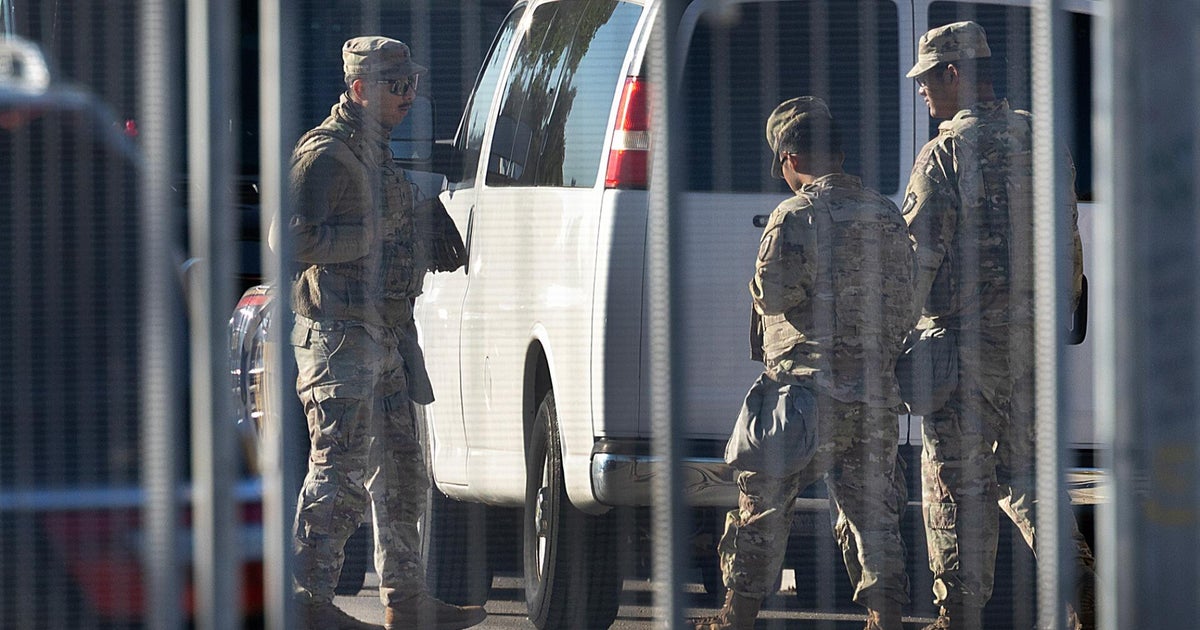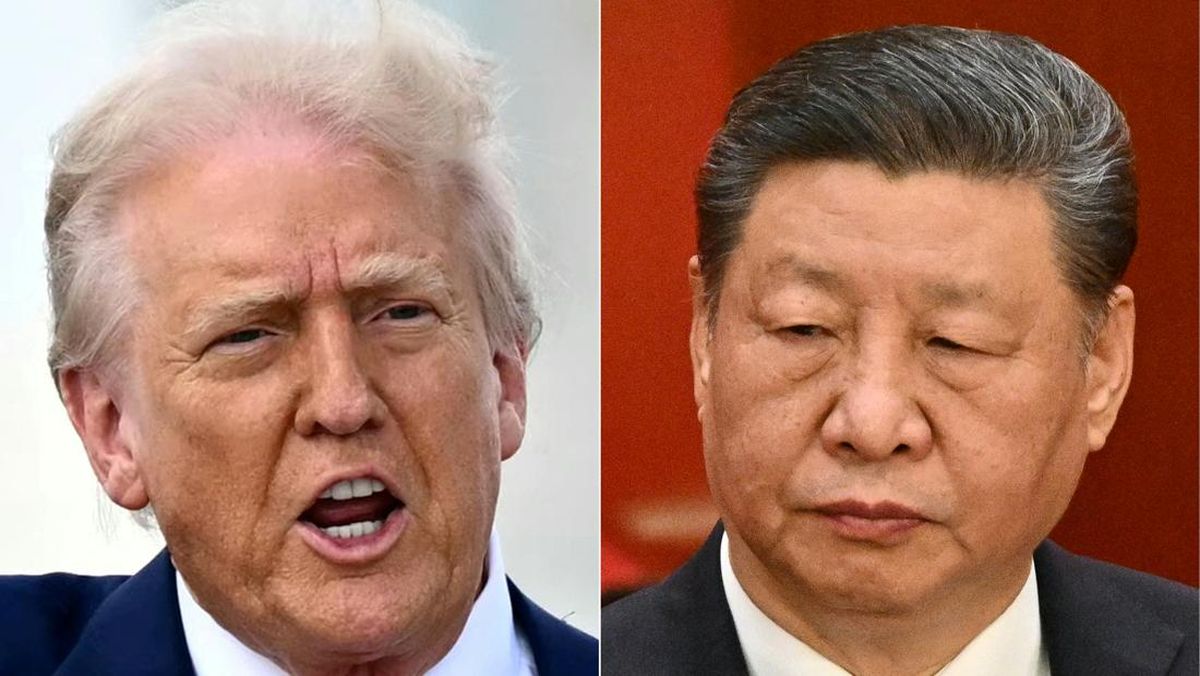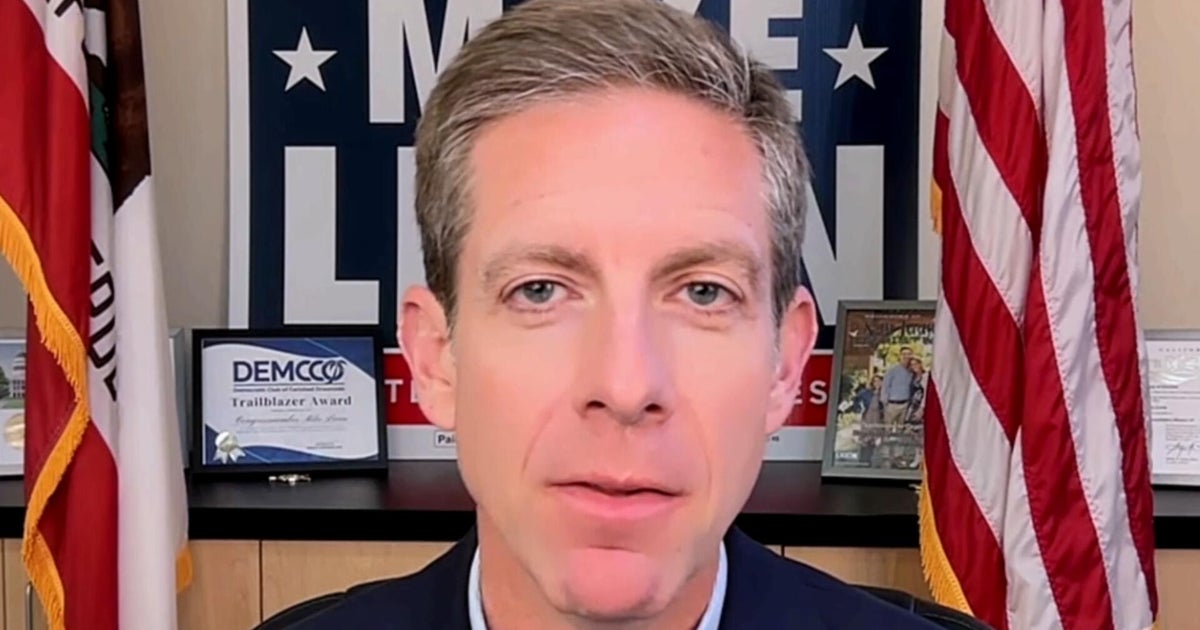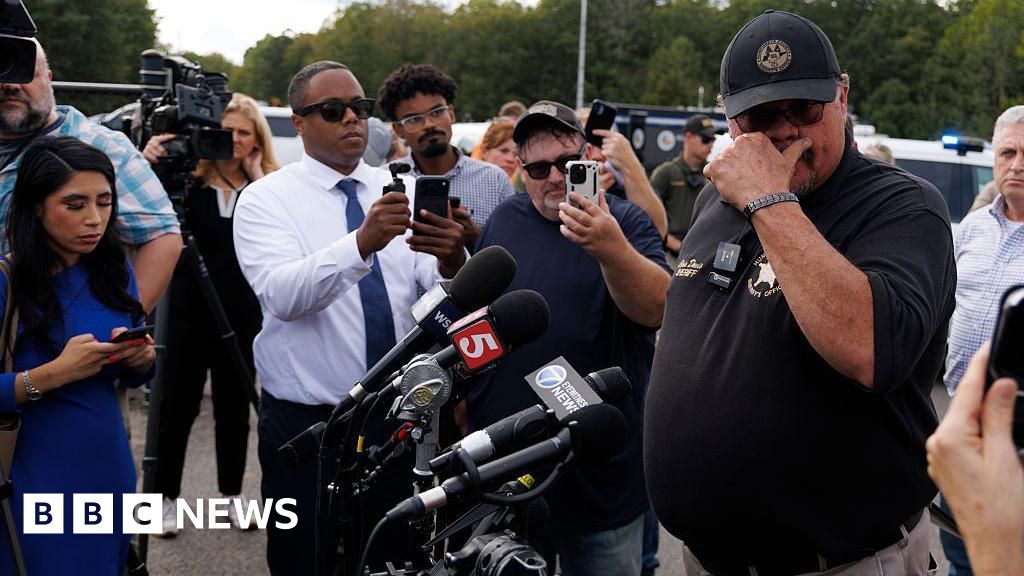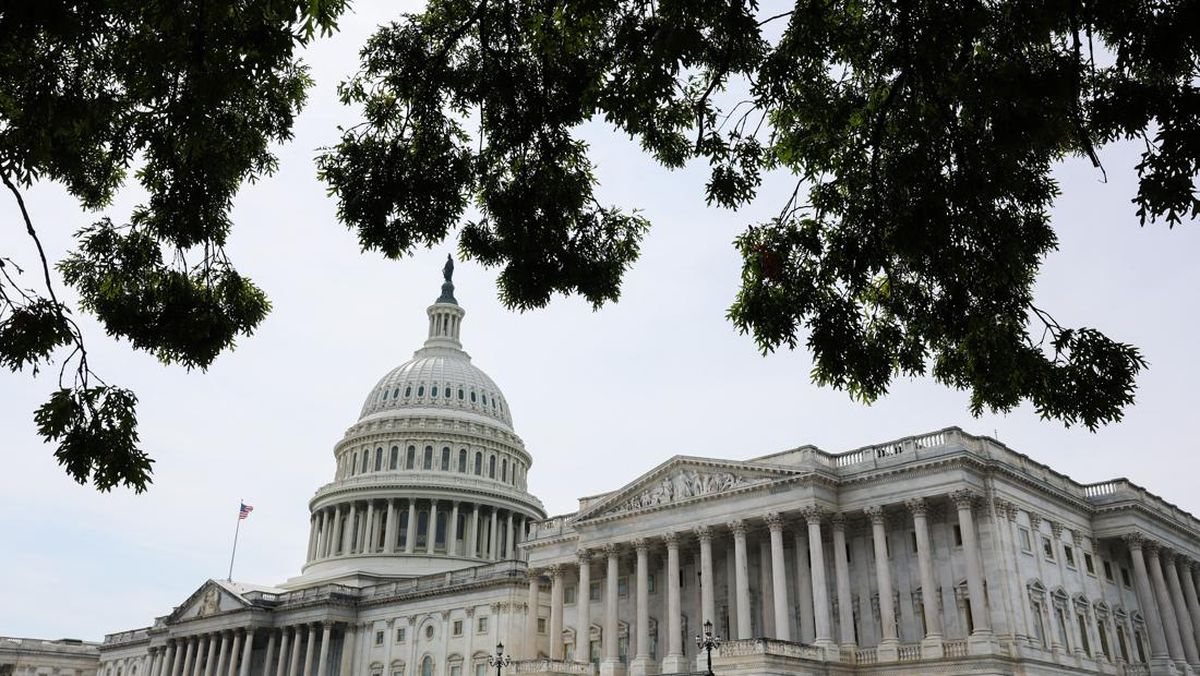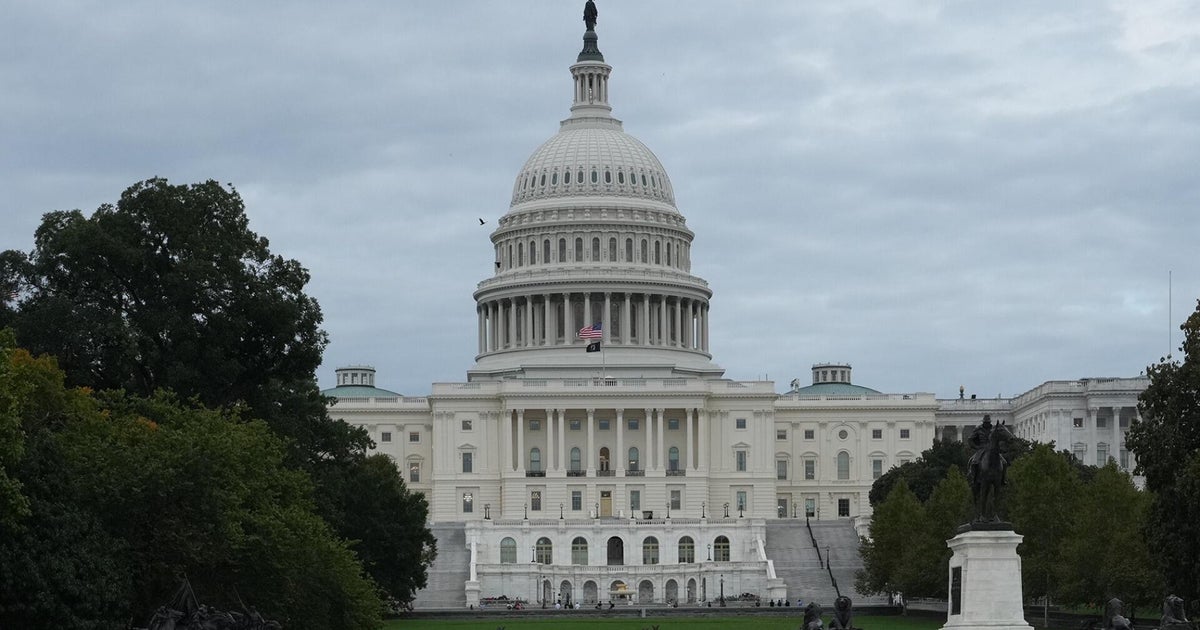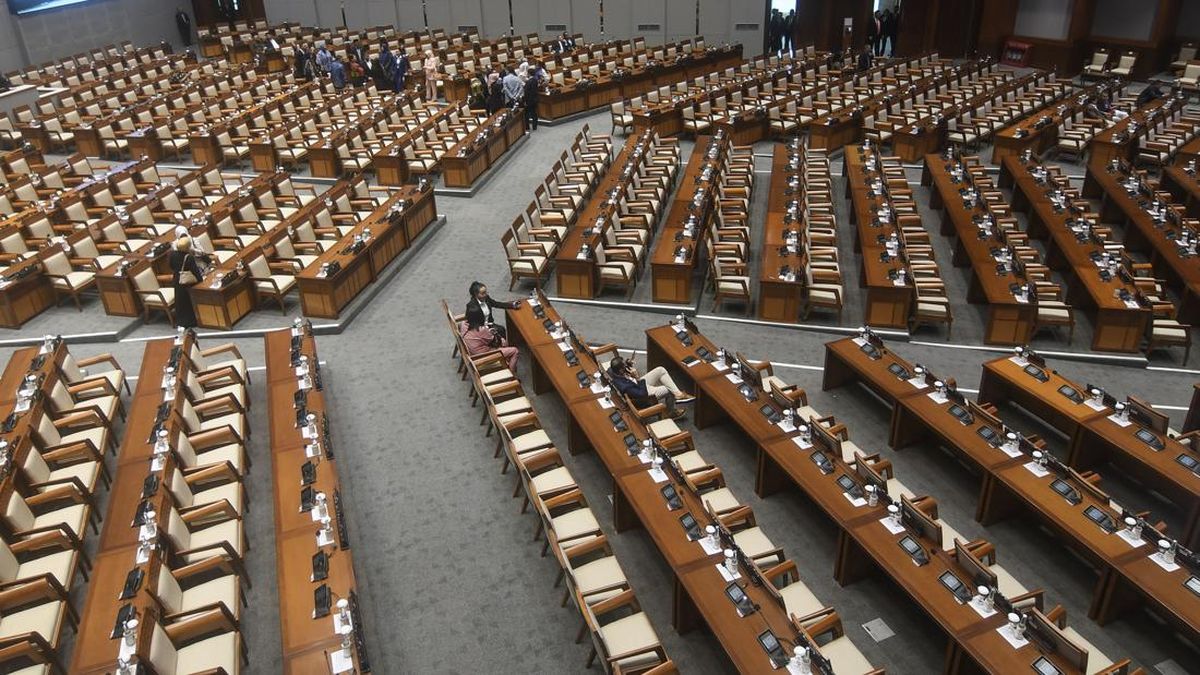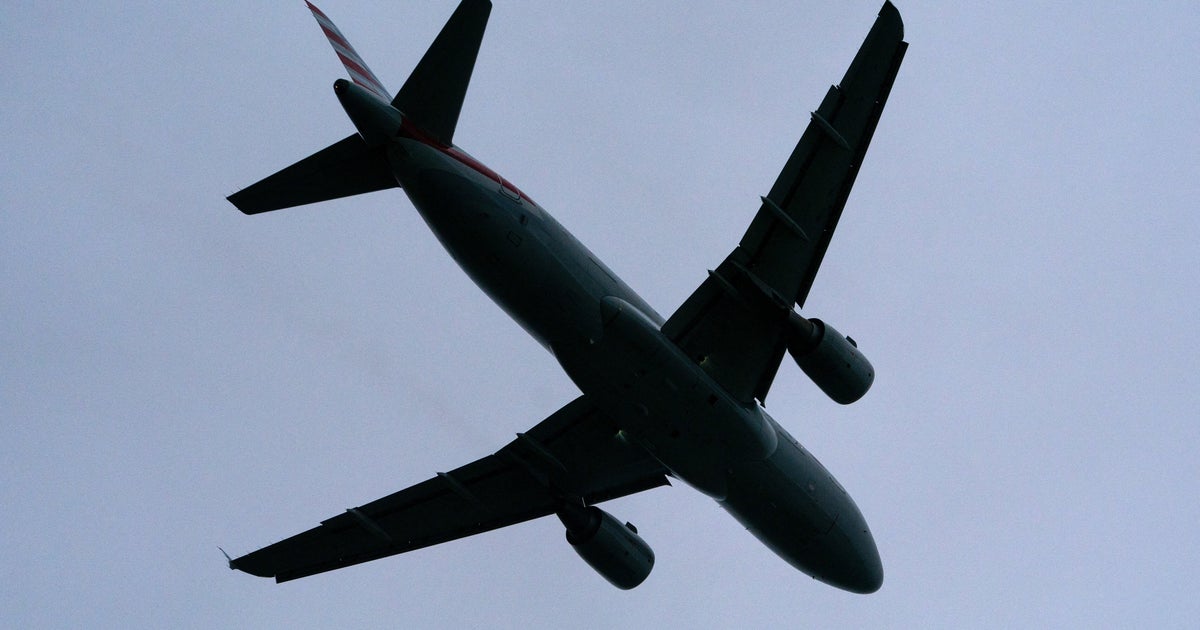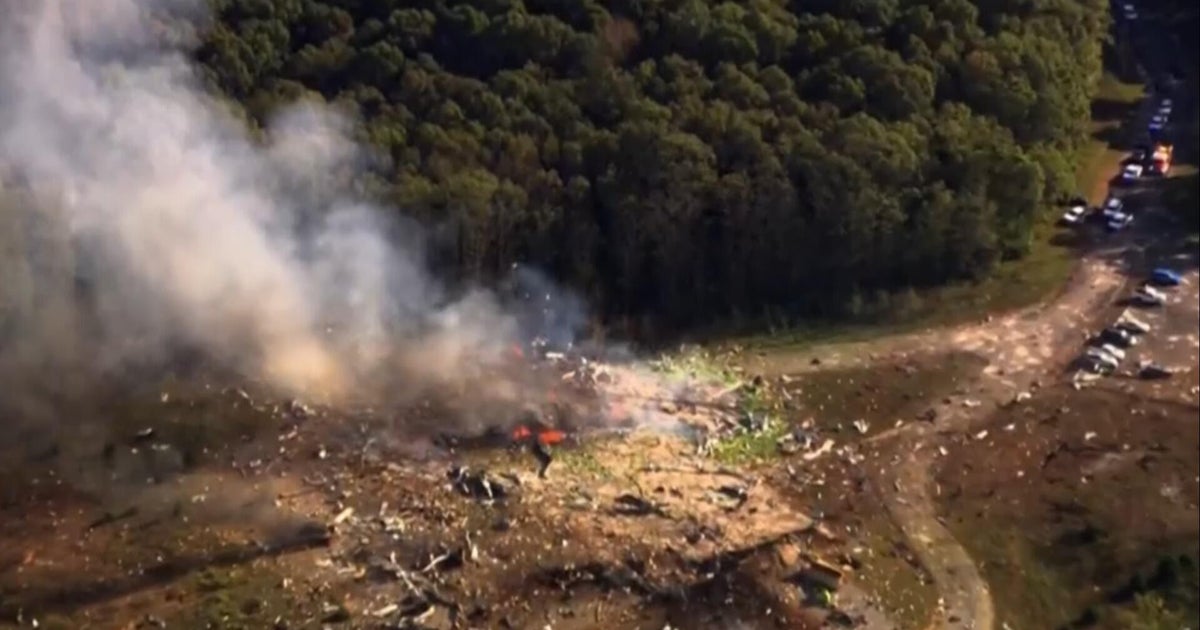Support for Pauline Hanson’s One Nation has surged to a record high of 12 per cent after weeks of rancorous debate about immigration as the Coalition plumbs the depths of political unpopularity in the latest Resolve Political Monitor.
Labor still enjoys a substantial 55-45 lead in the two-party preferred over the Coalition, based on stated preferences, the same margin as the May 3 election when Anthony Albanese won a record 94 seats in the lower house and thrashed the opposition.

Anthony Albanese retains a commanding lead but the major parties have retreated and One Nation has gained.Credit: Nathan Perri
While Opposition Leader Sussan Ley maintains a net positive result on her performance in the role, the Coalition continues to struggle and is now tracking on the worst primary result since Resolve started polling on the figure in April 2021.
Labor’s commanding lead is actually a fall from the stratospheric 59-41 recorded by the government last month, as support for both major parties went backwards in September and minor parties gained.
Labor’s primary vote fell from 37 per cent to 35 per cent over the last month, a movement within the margin of error, while the Coalition’s vote also fell within the margin of error by two percentage points from 29 to 27 per cent this month.
The major beneficiary of the drop in support for the two major parties is One Nation, which saw its primary vote rise from 9 per cent to 12 per cent in the last month.
Total support for “other” parties, including the Greens, One Nation, independents and others rose four percentage points overall in the last month, with the Greens’ vote dipping one point from 12 to 11 per cent and backing for independents rising to 9 per cent.
Twenty-seven per cent is the lowest primary vote recorded in the Resolve Political Monitor for the federal opposition since the poll began in April 2021 and is well down on the 31.8 per cent it secured at the last election.
Conversely, the rise in One Nation’s vote to 12 per cent is the party’s highest ever in the Resolve poll and the first time the party has been in double figures.
The survey of 1800 people took place from September 9 to 13 and has a margin of error of 2.3 per cent.
Resolve pollster Jim Reed said that “the immigration debate is undoubtedly responsible for boosting One Nation’s vote”.
“If you’re unhappy with the major parties on the environment you go to the Greens, and if you’re unhappy about immigration you go to Pauline,” he said.
“We don’t know yet if this is a short-term blip by way of a protest, or a long-term trend. The rise of the Greens has taken Labor’s primary vote, but gives back on preferences. We might be seeing the same thing starting to happen on the Coalition’s right flank.”
Thousands of people marched at the end of August in rallies against immigration in state capitals.
Loading
Overall, primary vote support for minor parties and independents rose to 38 per cent, which is higher than either Labor’s 35 per cent primary vote or the Coalition’s 27 per cent.
The findings come as the Albanese government prepares for a week of climate change policy announcements, including the long-awaited unveiling of Australia’s interim 2035 emissions reduction target .
The prime minister will this week fly to Papua New Guinea for celebrations to mark 50 years of independence, before travelling to New York next Saturday for the UN General Assembly.
He is also expected to finally meet US President Donald Trump, armed with new defence spending commitments.
While the Coalition has fared poorly in the most recent poll, voters’ favourable assessment of Ley’s performance continued.
Respondents were polled after Liberal Senator Jacinta Nampijinpa Price’s demotion from the shadow ministry last Wednesday September 10 after making controversial remarks about Indian migrants and refusing to back Ley as leader.
Asked to rate Ley’s performance as opposition leader in recent weeks, 41 per cent of people said it was good or very good, 32 per cent said it was poor or very poor and 26 per cent of people polled were undecided.
That translates to a net positive performance rating of 9 percentage points, consistent with two prior polls, as the number of people who are undecided fell.
In comparison, 44 per cent of voters said Albanese’s performance was good or very good but 45 per cent said it was poor or very poor.
Just 11 per cent of people were undecided and the prime minister’s net performance rating was -1 per cent.
Albanese’s lead over Ley as preferred prime minister slipped slightly, with 38 per cent of people preferring Albanese, a three percentage point dip compared to August.
Ley’s 26 per cent result is unchanged from last month and 35 per cent of respondents are undecided.
Following the sacking of Price, Ley announced a reshuffled frontbench on Sunday, bringing Tasmanian Senator Claire Chandler into the shadow ministry as spokeswoman on cybersecurity and science, while MP Simon Kennedy was appointed shadow assistant minister for artificial intelligence and the digital economy.
In addition to promoting two conservatives after sacking a favourite of the hard right, Ley handed the defence personnel portfolio to WA MP Melissa Price, a moderate and ally who did the job in the Morrison government.
Cut through the noise of federal politics with news, views and expert analysis. Subscribers can sign up to our weekly Inside Politics newsletter.
Most Viewed in Politics
Loading


